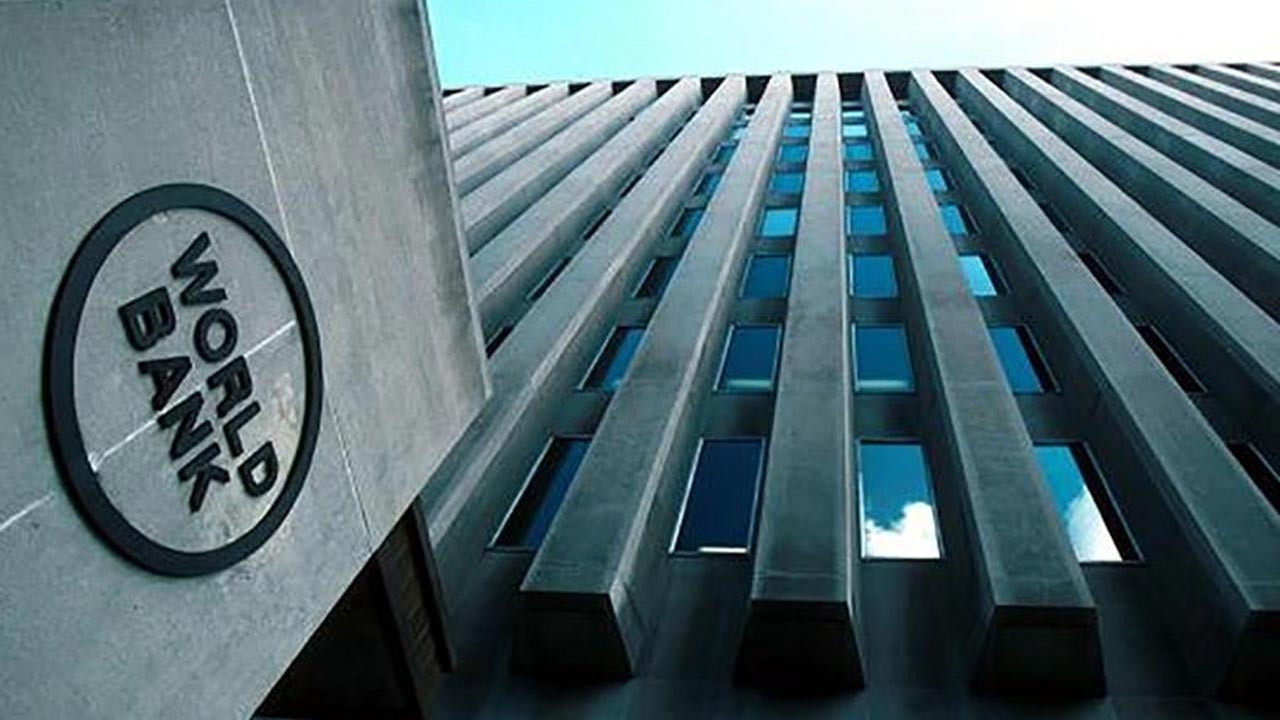
ANKARA (WORLD) The World Bank, in its Europe and Central Asia regional economic report, announced that the Russia-Ukraine war has halted the economic recovery of the region’s developing countries after the COVID-19 pandemic. The bank predicted that the region will shrink by 0.2 percent in 2022, while the 2023 growth will be 0.3 percent. For Turkey, the 2022 growth is estimated to be 4.7 percent. In the report for the general world economy, Turkey’s growth forecast was 2.3 percent for 2022. In the report, it was pointed out that the growth in the first half of the year came with strong economic activity, strong private sector and export performance, but this was achieved with the loose monetary policy despite the rise in inflation and the depreciation of the TL. In the light of this outlook, it is reflected in the report that the 2022 growth will be 4.7, the weakening of investor confidence and the depreciation of TL will put pressure on company and bank balance sheets. The World Bank noted that the rise in energy and food prices, despite the increase in employment, damaged the budgets of low-income households, and the decrease in the poverty rate after the COVID epidemic remained slow.
“Banks’ capital buffers are struggling”
In the Turkey section of the report, easing in monetary policy and interest rate cuts were pointed out to revive the economy, while interventions in money markets and macroprudential measures were implemented to combat macroeconomic instability. It was noted in the report that there were decreases in the capital buffers of banks and an increase in their contingent liabilities due to the depreciation of the TL and high inflation, and that various practices were carried out to increase household incomes. The report states that although the direct impact of the Russia-Ukraine war on Turkey is low, it causes inflationary pressure and a high current account deficit through rising energy and food prices; On the positive side, the increase in financial inflows from Russia was noted. While commenting on current developments drew attention to the high inflation, current account deficit and signs of recession that have emerged recently, while on the positive side, high tourism revenues and increasing exports were emphasized. In the same section, special emphasis was placed on the restrictive steps towards commercial loan practices of banks, avoidance in commercial lending, and the depreciation of TL, which strains banks’ capital buffers. In macroeconomic terms, it was pointed out that although the central government’s debt service is limited, the rise in foreign currency denominated debt to 68 percent is an additional fragility.
Turkey’s poverty is over 11 percent
In the section of macroeconomic and social indicators, data on the decrease in poverty reduction, which was also noted in the report, were included. The 2022 poverty rate was determined as 0.7 percent for those who earn less than $2.15 per day in purchasing parity, which is taken as Turkey’s general global poverty standard. While the poverty rate was determined as 1.8 according to the standard of 3.65 dollars per day of the countries in the lower middle income group, it was recorded that the poverty rate was 11.5 according to the standard of 6.85 dollars per day, which is the standard for the upper middle income group countries, including Turkey.
The regional economy is full of uncertainties.
In the report, it was pointed out that the region of Europe and Central Asia was full of uncertainties due to the war economically. Reminding that the 2023 growth forecasts of most of the developing countries have been lowered, the report said, “The prolongation or intensification of the war may cause greater economic and environmental damage. It may also cause the spread of negative effects in international investment and trade. The financial risk is still high, given the high (public) debt level and high inflation. In the report, it was stated that the rise in inflation in the regional economies was due to the increase in energy and food prices seen since the beginning of 2021, accelerating with the invasion of Ukraine by Russia, while the financial costs of the regional economies increased, negatively affecting the productivity of the companies and the welfare of the households.
